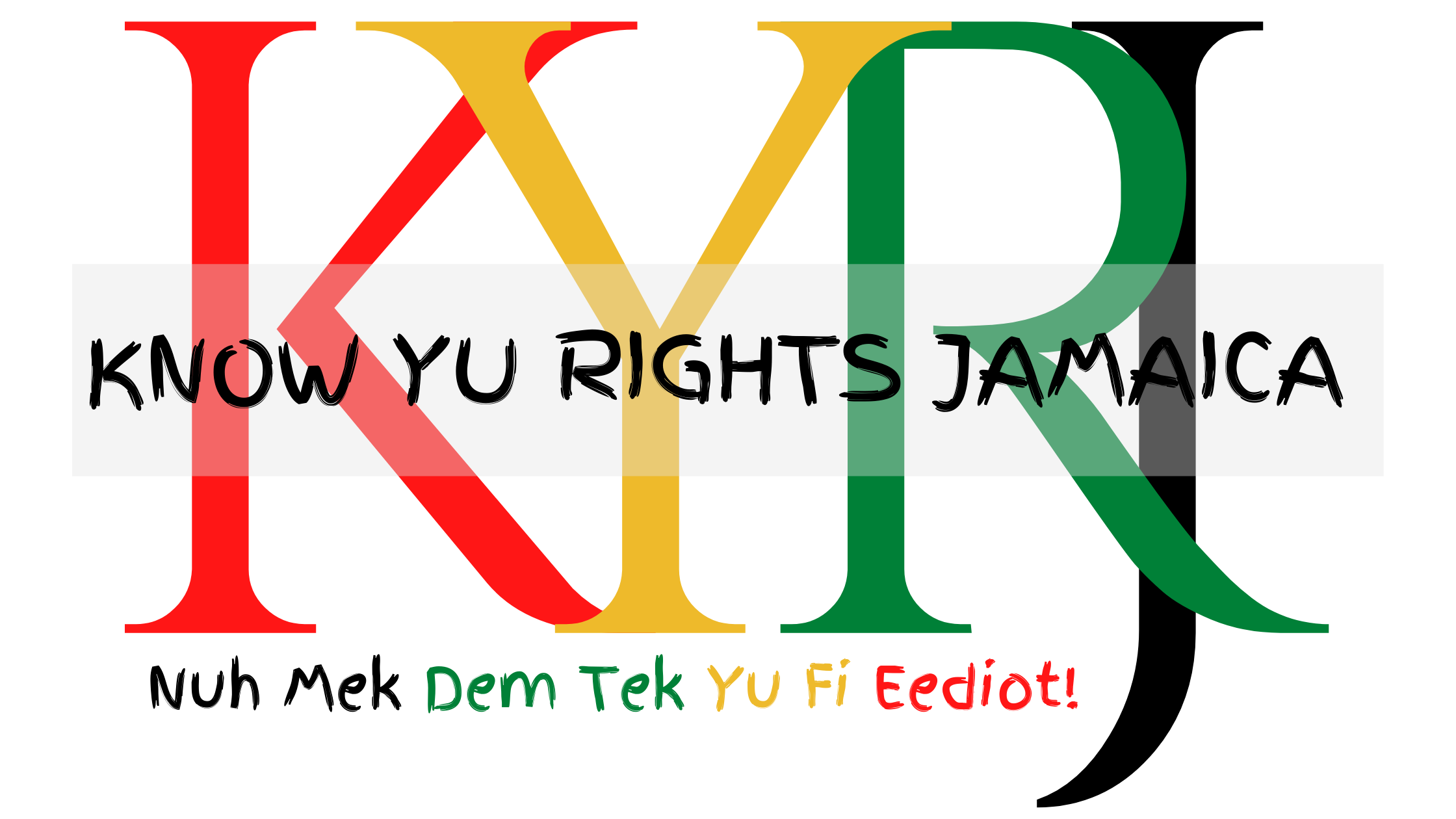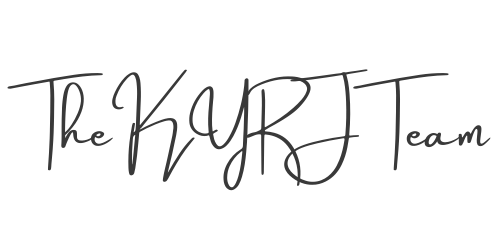DISCLAIMER: The content of this website, by its very nature, is general, whereas each user’s situation is unique. Therefore, please note the information contained within this website is for informational purposes only. All efforts have been executed to present accurate, up to date, and reliable, complete information. No warranties of any kind are declared or implied. Users of this website acknowledge that the Know Yu Rights Jamaica website is not engaging in the rendering of legal, financial or professional advice.
Please read our Privacy Policy & Terms of Use for further information.
Paternity leave is a period of time that a father takes off from work after the birth of his child. It is a time for fathers to bond with their new child, to help their partner with childcare, and to adjust to their new family life.
Paternity leave is important for several reasons. Firstly, it allows fathers to be involved in their children’s lives from the very beginning. This can help to strengthen the father-child bond and to create a more secure attachment between the two. Secondly, paternity leave can help to reduce stress for new mothers. When fathers are able to take some time off, it can give mothers a chance to rest and recover, and it can also help to relieve some of the burden of childcare. Lastly, paternity leave can have positive benefits for businesses. Studies have shown that companies that offer paternity leave have lower turnover rates and higher employee satisfaction.
Paternity Leave Entitlement
Public Sector workers are entitled to 20 working days of paid paternity leave. You may take your allotted days on one occasion, i.e., you take all 20 days one time, OR you take your allotted days on two separate occasions. The minimum number of days that you can take on one occasion is 5 working days.
Please note that you are entitled to only 3 occasions of paternity leave.
Paternity leave can only be granted within the first 6 months of delivery.
Paternity leave is granted per birth not per baby. Therefore, in the event of twins, etc. (multiple babies are born), there will not be an increase in paternity leave based on the number of babies that are born.
Please note that you must wait a minimum of 6 months after taking paternity leave before you can take another paternity leave.
Paternity Leave Eligibility
Male employees are eligible for paternity leave once the following criteria is met:
- at least 18 years old,
- full time employees should be working for at least 12 months straight (continuous service),
- part time employees should be working for at least 12 months straight, working at least 18 hours per week,
- official documentation that you are the registered father of the child is provided to your employer.
N.B. In the instance of a stillbirth or if the baby dies within the first 6 months after delivery, you are eligible for paternity leave. Please note that in these cases you will have to provide your employer with substantiating documentation.
Paternity Leave Pay
You are entitled to your basic salary for the period for which you will be on paternity leave.
Paternity Leave In Jamaica
It is good that Jamaica now offers paternity leave to male employees, but please note that this currently only applies to Public Sector workers. Private sector companies are encouraged to follow suit, but are not currently bound by law to do so.
In the event that you need more time after the 20 working days are up, you may apply for your allotted vacation leave and/or up to 10 working days without pay (at the discretion of your employer).
As usual, your employer can always choose to do better than the government has stipulated, e.g., they can choose to offer their employees 30 working days for paternity leave, but they should not offer less than the 20 working days.
For more information on paternity leave in Jamaica, check this out.
Please leave your comments on this article and let us know what other topics we should cover for you. Know yu rights Jamaica! Nuh mek dem tek yu fi eeidiot.

